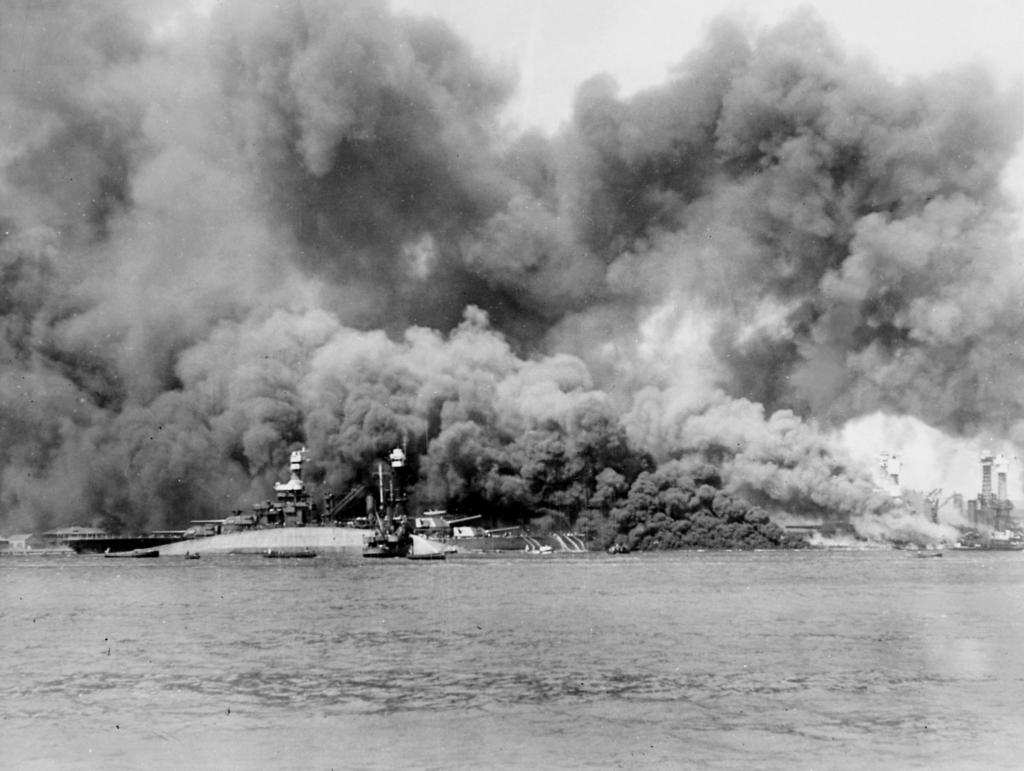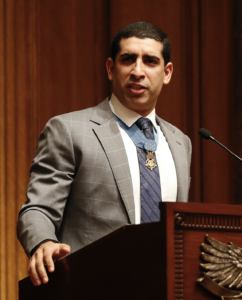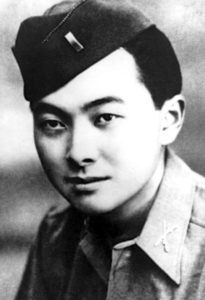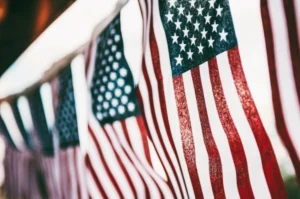The Japanese surprise attack on Pearl Harbor, Hawaii, on December 7, 1941, instantaneously plunged thousands of young American servicemen into the chaos and violence of combat. It was a moment none for which none of them could have prepared. The attack began at about eight o’clock local time on a Sunday morning, when most of the American sailors, airmen, and soldiers stationed in and around Pearl Harbor were looking forward to a day of relatively light duties and relaxation.
When the first wave of Japanese attack aircraft appeared in the sky and launched assaults on American air and naval installations, men had no time to consider how to react. They had to move in an instant, responding to training and basic instincts. The overwhelming majority did their duty, astonishing the Japanese, for example, by the quickness with which they opened anti-aircraft fire. Fifteen Americans, though, were eventually recognized for going above and beyond the call of duty—ten of them at the cost of their own lives—in actions that earned them their country’s highest decoration: The Medal of Honor.

Two of the most poignant Medal of Honor actions took place on board the battleship, USS Oklahoma. Within moments of the Japanese attack, the Oklahoma was hit by three torpedoes and began to capsize. Two more torpedoes hit as the ship rolled over. As this occurred, all within the space of about ten or fifteen minutes, sailors rushed to battle stations despite the ship’s desperate circumstances. Even when the evacuation began, the men did not panic. Many of them, in fact, swam to the adjacent USS Maryland to carry on the fight from there. Others, including Father Aloysius Schmitt—the first U.S. chaplain to be killed during World War II—strove first and foremost to save the lives of their comrades. Schmitt did so by helping a dozen sailors escape through a porthole before he drowned. Two others, Ensign Francis C. Flaherty of the U.S. Naval Reserve, and Seaman First Class James R. Ward, also saved lives at the cost of their own.

Flaherty, a twenty-two-year-old native of Charlotte, Michigan, was stationed in a gun turret as the Oklahoma began to capsize. For Flaherty, fifteen minutes earlier it had been a morning like any other, with his nation at peace. The previous day, he had mailed to his baby nephew a Christmas package containing dolls made from straw and wood. Now he stood separated by moments from death by drowning unless he managed to escape. In the instant, Flaherty made his choice. Rather than rushing to save his own life, he stood in the turret corridor with a flashlight, guiding other men to safety.

In another turret, meanwhile, Ward also stood holding a flashlight to help his fellow sailors escape, in the full knowledge that the act would almost certainly mean death for himself. A twenty-year-old native of Springfield, Ohio, Ward had been an avid high school athlete and even played minor league baseball before joining the U.S. Navy in 1940. He was a star on the Oklahoma’s Pacific Fleet baseball team, writing back to his family: “Not to brag, but they think I’m pretty good. That helps when you want to get an apple or something between meals. If I want a haircut, I don’t have to stand in line—I just go right to the front.” Now, on December 7, 1941, Ward also made his choice: he would give up everything to save the lives of his fellow sailors.
Flaherty and Ward were two of the 2,403 Americans killed in action on a day that President Franklin D. Roosevelt said would “live in infamy.” In saving the lives of their friends, however, these two Medal of Honor recipients also ensured that December 7 would also set an example of nobility and sacrifice. Their acts meant that generations yet unborn would enjoy the opportunity to cherish—and maybe even make sacrifices for—the freedoms for which Flaherty and Ward had laid down their lives.
Edward G. Lengel, Ph.D., Chief Historian




